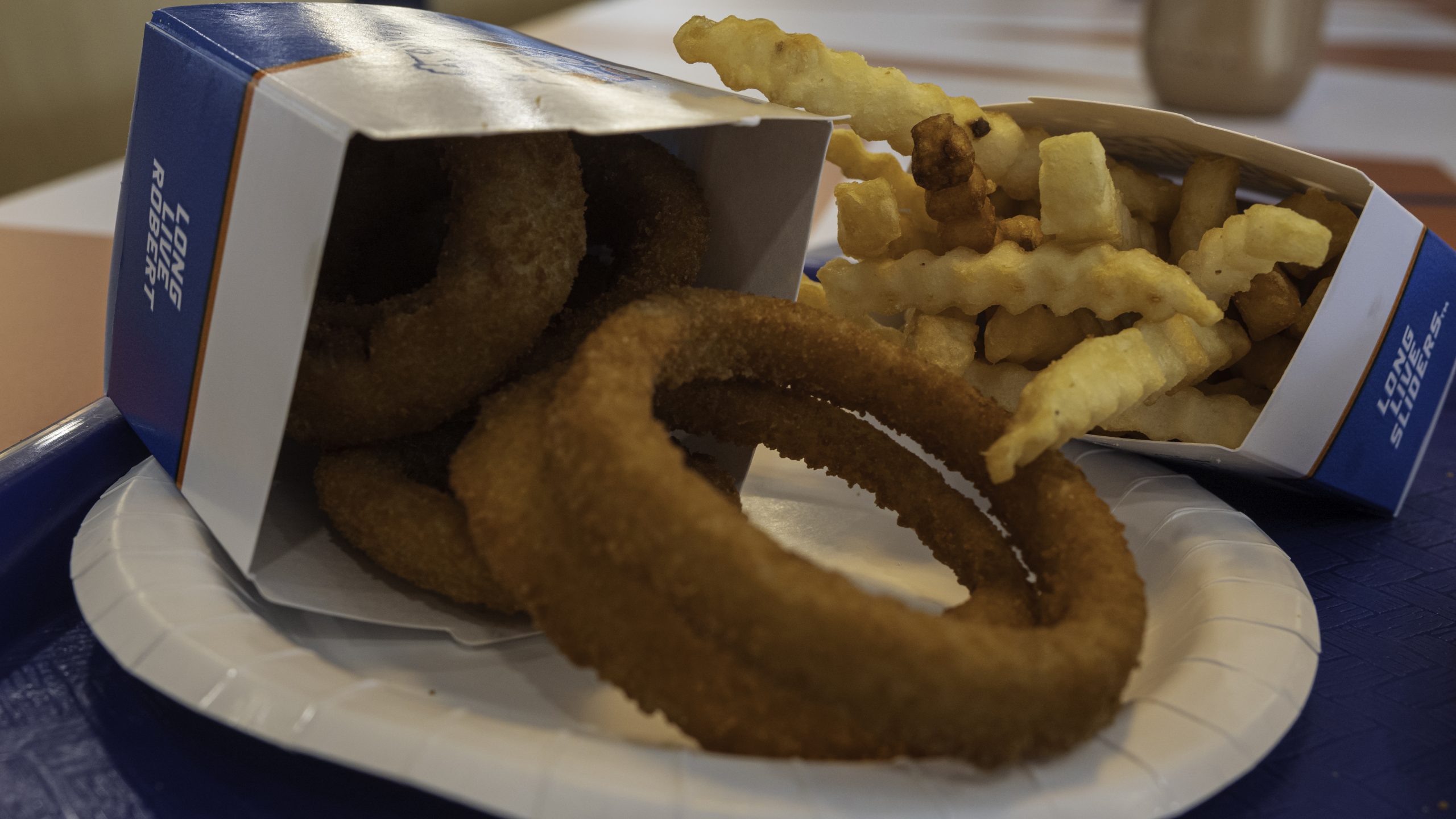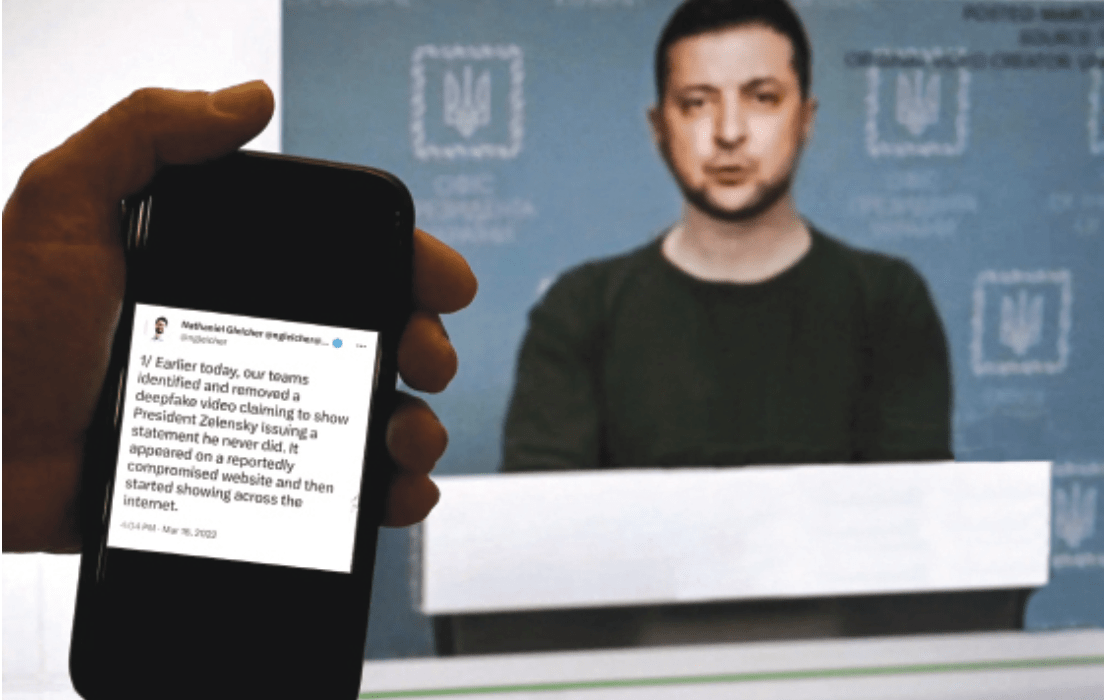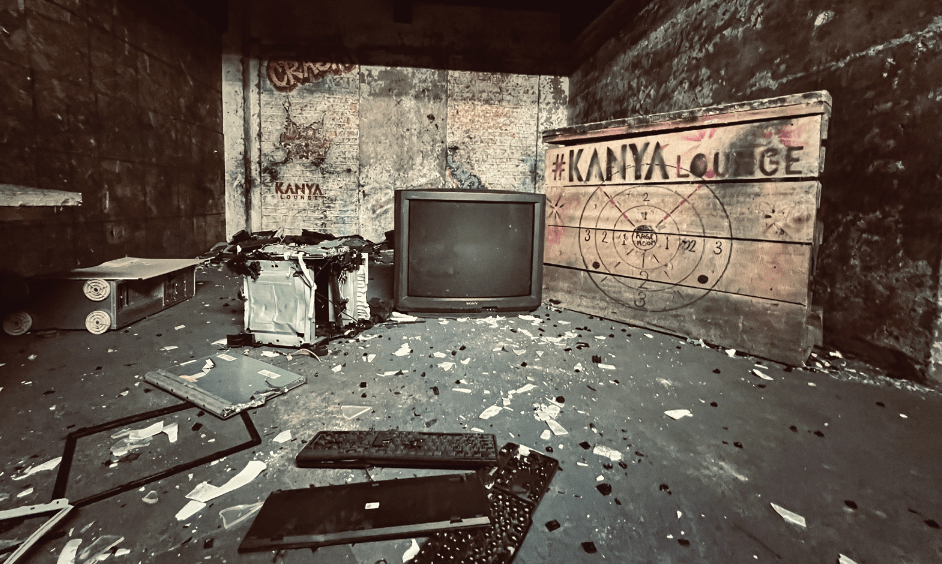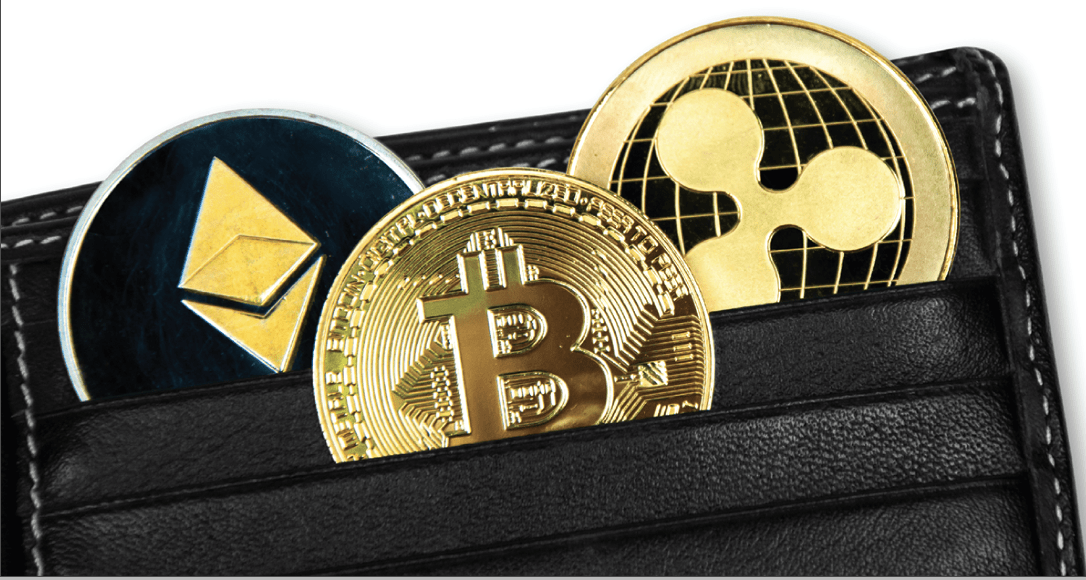Bitcoin’s Biggest Loser
A Welsh systems engineer is dealing with the cost of regret after carelessly discarding crypto now worth $184 million

What scares me about digital assets are the clickbait headlines screaming warnings like “Account Holders Wake up to $0 Balances.” It seems digital assets are so insidious they can’t but help to be party to crimes while you sleep.
But what happens if you’re not a victim of cybercrime and, instead, you break your own heart? Consider this maxim: “If you think the price of winning is too high, wait until you get the bill for regret.”
Whether you have FOMO (fear of missing out) from not dumping your stimmy cash into ether, sold everything at highs, or you just can’t remember your dang custodial password, what’s the actual cost of regret? To find out, I slid into the Twitter DMs of James Howells, the internet’s most notorious bitcoin loser.
A drive between a rock and a hard place
In August 2013, Howells, a Welsh engineer, decided to tidy up his home office. He chucked an unwanted hard drive into the wastebasket and asked his partner at the time to take out the trash in the morning. Before he went to sleep, he reconsidered discarding the drive and made a note to remove it from the garbage.
“I’m a systems engineer. I’ve never thrown a hard drive in the bin. It’s just a bad idea,” Howells told The New Yorker. The next day, his partner took the garbage out. It would take a few months for Howells to realize the implications of shared chore duty in a relationship.
Miner threat
Howells was a fan of Bitcoin from the start. The idea of an alternative to fiat currency that couldn’t be tracked to individual users fit with his libertarian beliefs.
In his interview with The New Yorker, Howells said Bitcoin reminded him of Napster, the beacon of freedom for poor college kids who wanted to hear the latest by Britney Spears.
He started mining for bitcoin right away. The first time he tried, his computer was one of only five on the entire network. He mined coins for a while, but the incessant whirring of the laptop fan (mining is very intense for computer systems) annoyed his partner.
Fast forward six months and Howells spills lemonade on his gaming/mining rig. He transferred some of the information on the hard drive over to a new iMac but didn’t bother with the bitcoin folder.
“There was no Bitcoin version on Apple at the time so there was no reason,” he recalled to The New Yorker. By the time Howells gave up his mining ambitions, he had accumulated nearly 8,000 bitcoins.
Uh-oh, SpaghettiOs!
A few months after the drive went into the trash, Howells came across a BBC News story about a Norwegian who had used his bitcoin profits to acquire a palatial pad in Oslo.
Realizing his loss, Howells went to the local dump in Newport, Wales, to see if anything could be done. At the time, his coins were worth over $6 million.
When he told the landfill manager what happened, he was escorted to a spot to survey the site. It was about 15 soccer pitches worth of garbage. But the manager did impart some wisdom.
Newport organized its trash by cells: dirty nappies, old furniture and consumer electronics. Theoretically, it wouldn’t be impossible to pinpoint the drive’s whereabouts in the vast landfill.
A man, a plan, a dumpster
As Luckbox was going to press, Howells’ interred coins were worth around
$184 million. At Bitcoin’s peak, Howells’ stash approached $500 million in value.
As a systems engineer, he knows how to organize a project, and he’s developed increasingly sophisticated strategies for finding the hard drive. I reached out via Twitter to ask him about his plan.
“In the beginning,” Howells responded, “I kind of felt like Oliver Twist asking his local council if he can dig in their landfill, and they repeat the same answer over and over.” That answer was “No.”
To move the project forward, he assembled a team of pros to complete the task to a high commercial standard without damaging the environment. He wanted to show the decision-makers at Newport Council that this would be a serious recovery effort by professionals and not just one man with a shovel.
At the high end, he estimates his plan will cost in the vicinity of $11 million. The profits, once the drive is successfully recovered, would be split among the team and the town.
It’s been frustrating for Howells that he can’t get a meeting with town officials even though this story is verifiably viral. He says his efforts include “a pretty comprehensive team of experts in all area[s] of expertise required to perform a landfill reclamation operation.”
He’s thinking of AI specialists to identify the hard drive amid the trash, waste management, specialists to deal with any contaminated materials and site-specific-specialists to provide local knowledge about this particular landfill.
The area of the dig site is 250 meters by 250 meters by 15 meters deep. It’s about 40,000 tons of waste. Howells believes his team can complete the task in nine months to a year.
He’s trying to bide his time, but this project has become a driving force in his life. “I am trying to be patient and engage with Newport City Council in a business-like manner in order to work with them on this rather than against them,” he said. “If they absolutely continue to refuse any and all access to the site then, yes, court action is a viable option but only as a very, very last resort.”
Bitcoin fundamentalist
I asked Howells whether there’s some way to “rewind” to when he mined the coins and then “restore” them.
“If Bitcoin did work this way,” he replied, “it would be broken, and it would not be valuable at all … like zero! The fact that even I cannot get my coins back without the original private key proves that Bitcoin’s security system is as good as it is claimed.”
If developers could make back-end code changes to re-issue the coins, Howells continued, then what would stop them from giving back anyone else’s coins? What would stop governments from demanding certain coins are moved from this wallet to that wallet?
“Who decides this?” he wants to know. “Where does it end?”
Howells doesn’t want shortcuts—not even for himself—because he believes in the integrity of Bitcoin. I’m pretty sure that once those bad boys reached $500, I’d run over a family member to get my money back. In fact, there’s precedent. In 2016, Ethereum agreed to restore some $60 million to one of the currency’s holders after the crypto was stolen through a vulnerability in ether’s code.
Daniel Kuhn put it this way in an article for the CoinDesk news site: “In creating a tamperproof, append-only distributed database, Bitcoin founder Satoshi Nakamoto also created a monetary system that would be very hard to hack, censor or dismantle.”
Moving forward
An estimated 20% of all bitcoin currently in circulation—2.78 to 3.79 million out of around 18.5 million coins—are held in lost wallets, according to Chainalysis, a blockchain data platform that assists financial institutions.
Quick! Everyone check your sofa cushions.
Howells remains very much involved in digital assets and still wholly believes in the core principles. He’s not rattled at all by the so-called crypto winter. “At current prices, I believe we are in the accumulation zone before the start of the next bull run,” he maintained. “At this stage, you should not care if you purchased at $23,000, $20,000, $18,000, $26,000 … you will not care what exact price you paid in a few years when the next bull run pushes Bitcoin up to between $150,000-$200,000.”
I asked how he handled the internet chatter about his role as a Bitcoin martyr. “At the end of the day I cannot change what happened. It is what it is,” he said. “There is always the chance my coins turn from millions into billions, and then it would be an even bigger mistake. But I’m prepared for that now so when it does happen, I’m cool with it … plus, the chance of receiving the coins still exists, the data is still recoverable and I do not think that will change too much with time—unlike a lost lottery ticket that would have disintegrated by now. At least I still have a chance.”
So every day, Howells holds out hope and pushes on. His life is quieter now. His partner has left and taken his three kids with her. I asked if he had any thoughts on who should play him in the movie of his life. He laughed and said, “LOL. Absolutely no idea.”
But movie or not, this is one story that I hope has a happy ending because no one should pay this high a price for regret.
Vonetta Logan, a writer and comedian, appears daily on the tastytrade network. @vonettalogan





















